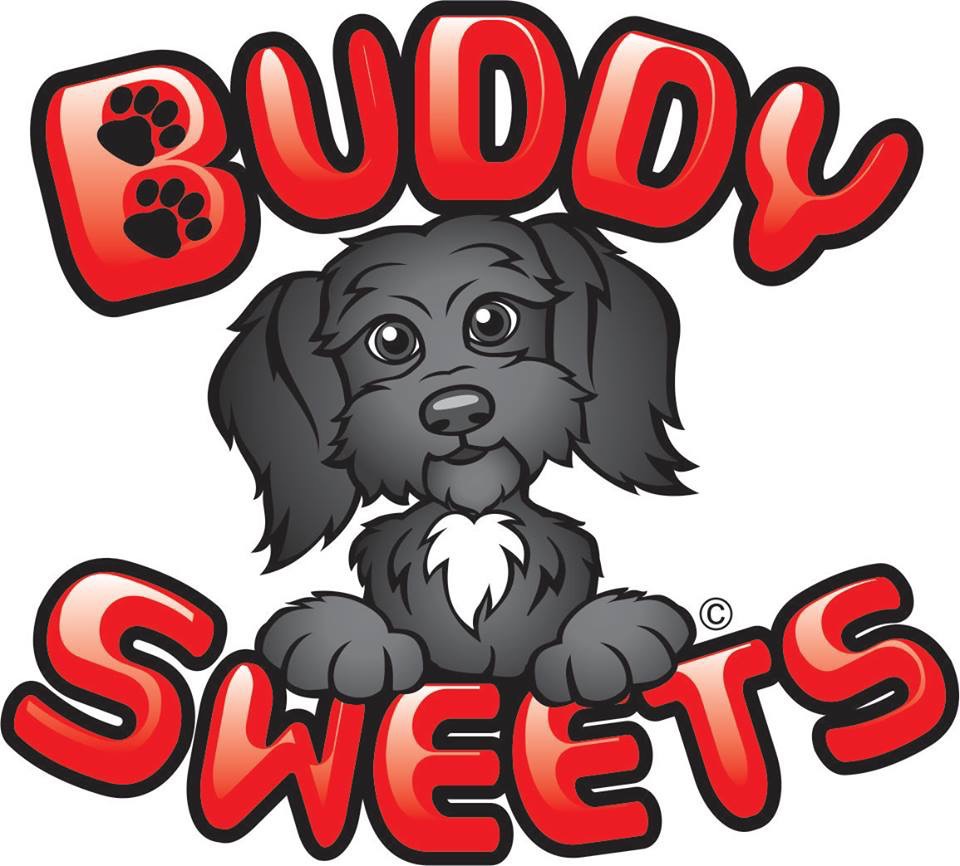Tackling Puppy Biting: Tips and Techniques for New Puppy Parents
- Buddy Sweets

- Jun 8, 2024
- 3 min read

Hello, new puppy parents! My name is Rudy, and I've been training dogs since I was 10 years old. I am a Certified Professional Dog Trainer - Knowledge Assessed (CPDT-KA) and have completed the Service Dog Coach certification program from Cooperative Paws. At Buddy Sweets Imperial Valley Dog Daycare, we offer a variety of services, including boarding, daycare, and training, to help you and your furry friends thrive. Today, we're going to tackle a common challenge many new puppy owners face: puppy biting.
Why Do Puppies Bite?
Puppy biting is a natural behavior. Puppies explore their world with their mouths, and biting is part of their play and social interaction with littermates. It’s also a way for them to relieve the discomfort of teething. However, while it's normal, it's important to teach your puppy that biting humans is not acceptable.
Preventing Puppy Biting
Redirection: If your puppy starts biting you, redirect their attention to a chew toy or a bone. This teaches them what’s appropriate to bite and helps them manage teething discomfort.
Positive Reinforcement: Reward your puppy when they choose to chew on appropriate items. Positive reinforcement strengthens desired behaviors. For example, my dog Susie used to bite a lot as a puppy. By using positive reinforcement, I taught her to lick my hands instead of biting, and we even put it on cue with “Kisses.”
Training Techniques
Consistency is Key: Make sure everyone in the household is on the same page about the rules. Consistency helps your puppy understand what is expected of them.
Use Force-Free Methods: Always use positive reinforcement and force-free training methods. Punishing a puppy for biting can lead to fear and anxiety, which may worsen the behavior.
Training Sessions: Keep training sessions short and fun. Puppies have short attention spans, and short, frequent sessions are more effective than long ones.
Common Myths and Misconceptions
“Biting is a Sign of Aggression”: Biting is usually a normal part of puppy development, not a sign of aggression.
“Punishment Works Best”: Punishment can create fear and anxiety. Positive reinforcement is more effective and builds a stronger bond between you and your puppy.
From Other Experts
According to the American Veterinary Society of Animal Behavior (AVSAB), "the use of punishment to stop biting and other unwanted behaviors is not recommended because it can lead to fear and aggression." Peer-reviewed studies support the use of positive reinforcement as the most effective method for training puppies.
Summary / Key Takeaways
Understand Why Puppies Bite: It’s natural and normal.
Prevent Biting with Redirection and Positive Reinforcement: Redirect to chew toys and reward good behavior.
Consistency and Force-Free Methods: Ensure everyone in the household follows the same rules and use positive reinforcement techniques.
Short and Fun Training Sessions: Keep sessions short to match your puppy’s attention span.
Avoid Punishment: It can lead to fear and anxiety, making the problem worse.

If you're struggling with puppy biting or other training challenges, sign up for a free discovery call at www.buddysweets.com/discovery. This call is the first step to starting the training process, followed by an in-person consultation and evaluation where we can create a personalized training plan for your puppy.
Puppy biting can be frustrating, but with the right techniques and a lot of patience, you can teach your puppy to use their mouth appropriately. Remember, consistency and positive reinforcement are your best tools. Happy training!





Comments